Working with compressed files is a common task in Linux, and the .gz format is one of the most widely used compression methods. Files ending with .gz are compressed using the gzip utility, which reduces file sizes without losing data. This guide will walk you through the various methods to unzip (decompress) .gz files in Linux.
What is a .gz File?
A .gz file is a compressed file created using the gzip (GNU zip) compression utility. It compresses a single file and is commonly used on both Unix and Linux systems for file compression and decompression. When you have multiple files to compress, they are often archived using the tar utility before being compressed with gzip, resulting in a .tar.gz file.
Unzipping .gz Files Using the Command Line
There are several command-line tools available for decompressing .gz files. Below are the most effective methods.
Method 1: Using the gzip Command
The gzip command is not only used for compression but also for decompression using the -d option.
- Open a terminal window.
- Navigate to the directory containing the
.gzfile using thecdcommand. For example:
cd /path/to/directory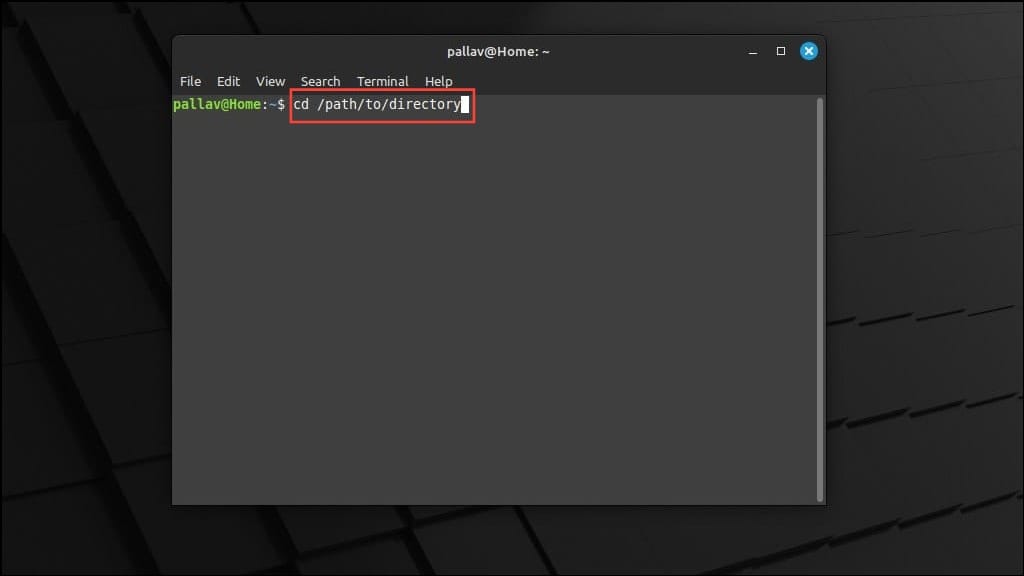
- Decompress the file using the following command:
gzip -d filename.gz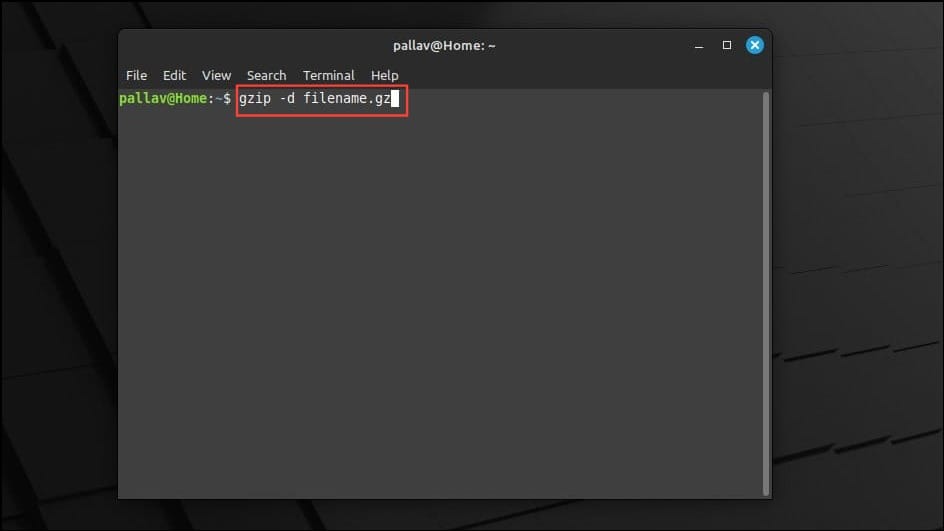
The above command decompresses filename.gz and replaces it with the uncompressed file. If you wish to keep the original .gz file, use the -k option:
gzip -dk filename.gzMethod 2: Using the gunzip Command
The gunzip command is specifically designed for decompressing .gz files.
- Open a terminal window.
- Navigate to the directory containing the
.gzfile:
cd /path/to/directory
- Run the following command to decompress the file:
gunzip filename.gz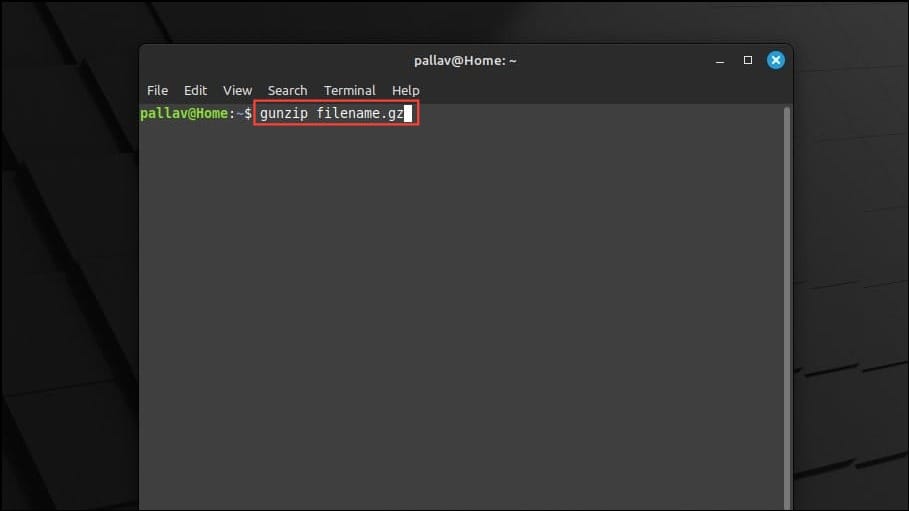
This will decompress the file and remove the original .gz file. To keep the compressed file after decompression, use the -k option:
gunzip -k filename.gzMethod 3: Using the zcat Command
The zcat command allows you to view the contents of a compressed file without decompressing it to disk. You can also use it to decompress files.
- Open a terminal window.
- Navigate to the directory with the
.gzfile:
cd /path/to/directory
- Use the following command to decompress the file:
zcat filename.gz > filename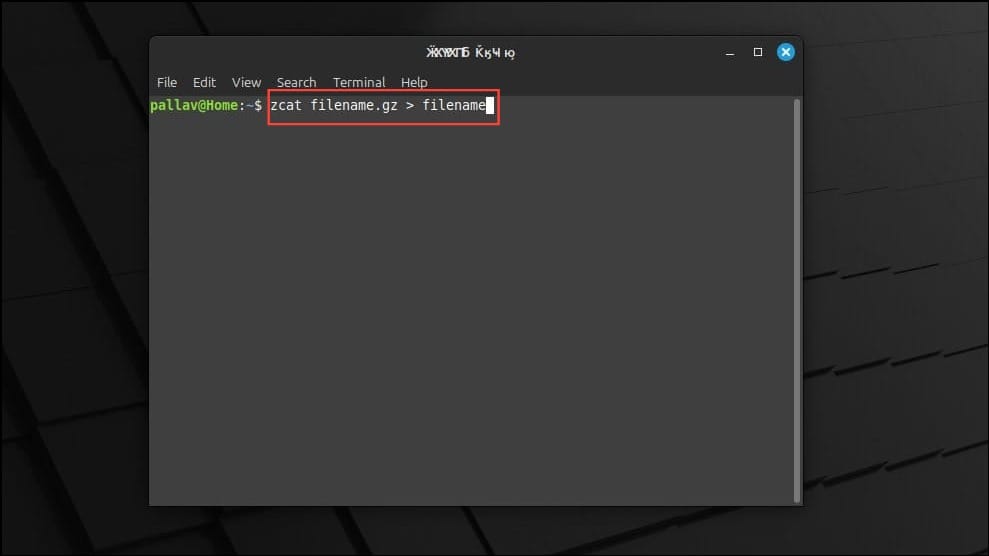
This command writes the decompressed data to filename without removing the original .gz file.
Unzipping .gz Files Using a Graphical Interface
If you prefer using a graphical user interface (GUI), most Linux distributions provide archive managers that can handle .gz files.
- Open your file manager and navigate to the folder containing the
.gzfile.
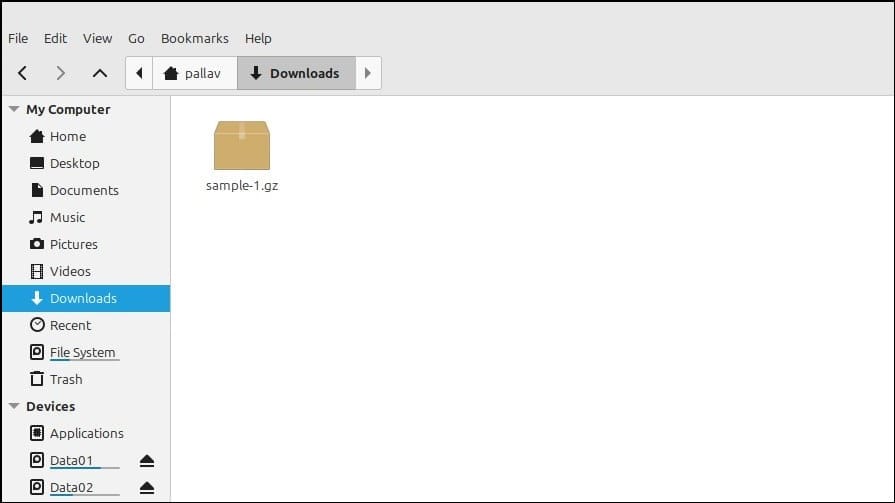
- Right-click on the file and select Extract Here or a similar extraction option.
The file will be decompressed, and the uncompressed file will appear in the same directory. This method retains the original .gz file after extraction.
Extracting .tar.gz Files
A .tar.gz file is an archive created using the tar utility and then compressed using gzip. To extract these files, you need to use the tar command with gzip decompression options.
Using the tar Command
- Open a terminal window.
- Navigate to the directory containing the
.tar.gzfile:
cd /path/to/directory
- Extract the contents using the following command:
tar -xvzf archive.tar.gz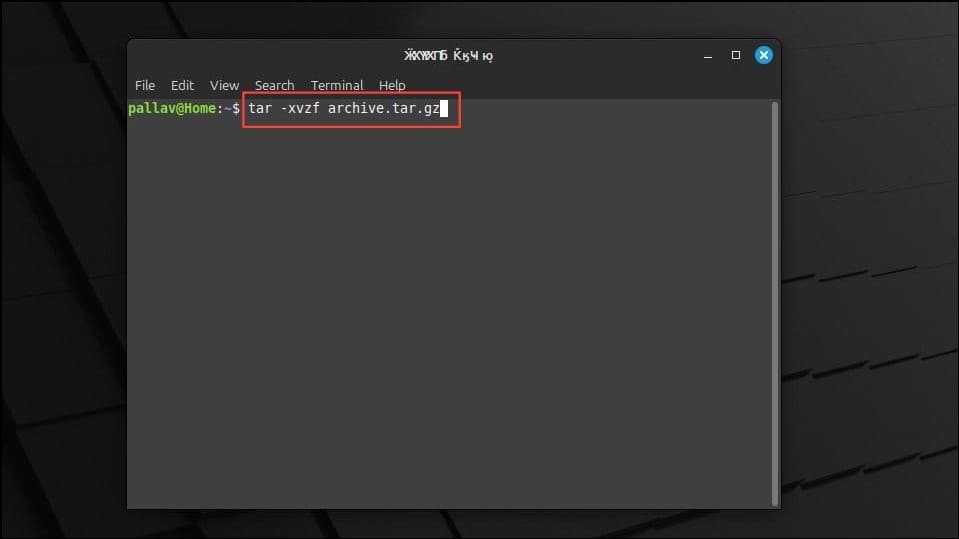
Explanation of the options:
-x: Extracts the files from the archive.-v: Outputs the names of the files being extracted.-z: Decompresses the archive using gzip.-f: Specifies the filename of the archive.
To extract the contents to a specific directory, use the -C option followed by the path:
tar -xvzf archive.tar.gz -C /path/to/destinationAdditional Tips and Best Practices
- When working with important files, consider making a backup before decompression.
- Use
tar -tvzf archive.tar.gzto list the contents of a.tar.gzfile without extracting. - Ensure you have sufficient permissions to read and write in the directories you are working with.
- Remember that gzip compresses single files; to compress multiple files into one archive, use
taralong with gzip.
Decompressing .gz files in Linux is a straightforward process using commands like gzip, gunzip, and tar. Whether you're managing single compressed files or archived collections, these tools allow you to efficiently handle file extraction.


